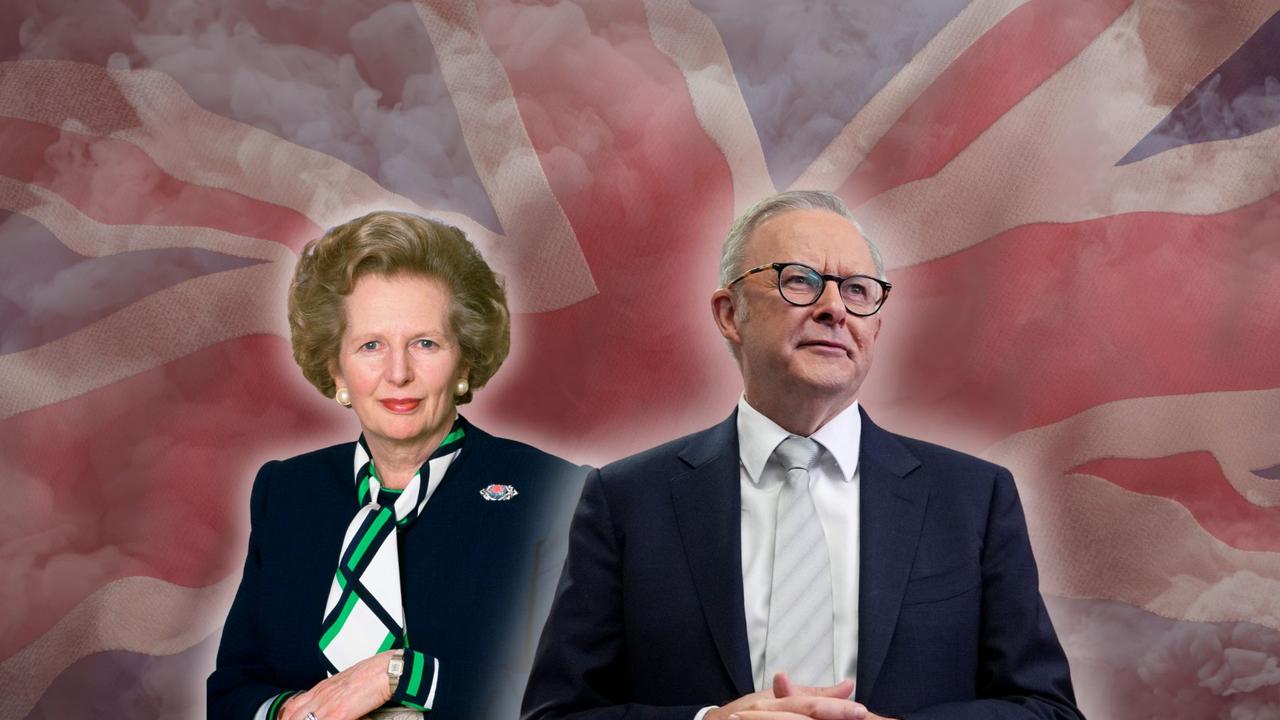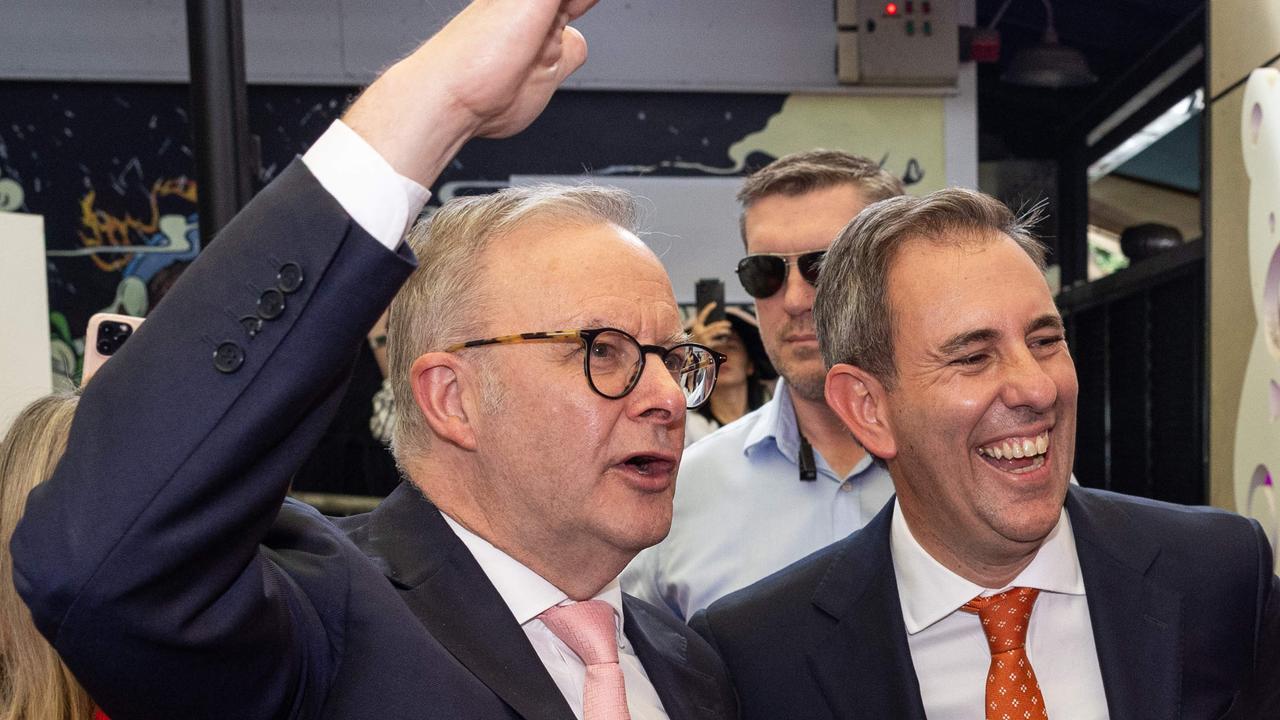Australian Defence Force accused of stealing mental health app, handing to Deloitte for $1 million
The Australian Defence Force is facing allegations of stealing a mental health app and handing it to a big consulting firm for $1m.
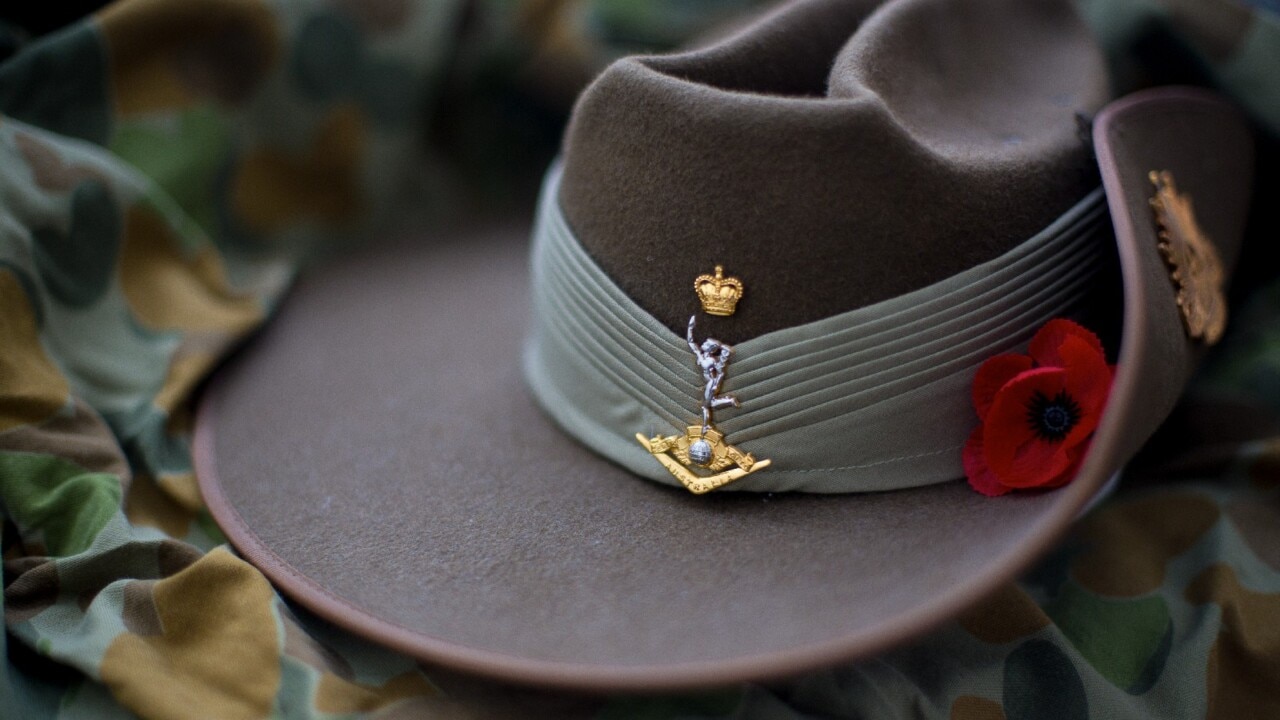
National
Don't miss out on the headlines from National. Followed categories will be added to My News.
Explosive allegations have emerged by a veteran’s group accusing the Australian Defence Force of stealing their mental health app and handing it to a consulting firm for $1m.
East Timor and Afghanistan veteran Adrian Sutter helped develop the app Swiss 8, which provides vital support to at-risk young veterans transitioning back to civilian life.
“The name of the app came about because many returning soldiers did not want to have anything to do with defence linked or government organisations,” Mr Sutter said.
“Switzerland is the neutral country that doesn't go to war, which is the reason it was chosen for the name.”

But instead of backing the grassroots initiative, the ADF allegedly shared the idea with consulting firm Deloitte, which reportedly received funding to develop a similar app named “HeadStrength”.
Mr Sutter’s shocking allegations were made in a submission to the Royal Commission into Defence and Veteran Suicide.
He said he was invited to Canberra in 2019 by Defence eHealth for discussions of the Swiss 8 app.
“Instead of offering funding or support to Swiss 8, Defence and Department of Veterans’ Affairs (DVA) shared our insights and ideas with consulting firm Deloitte, who received over $1 million to develop an app called HeadStrength,’’ Mr Sutter said in the submission.
“Swiss 8 had requested only $200,000 in funding compared to the significant investment made in HeadStrength.”
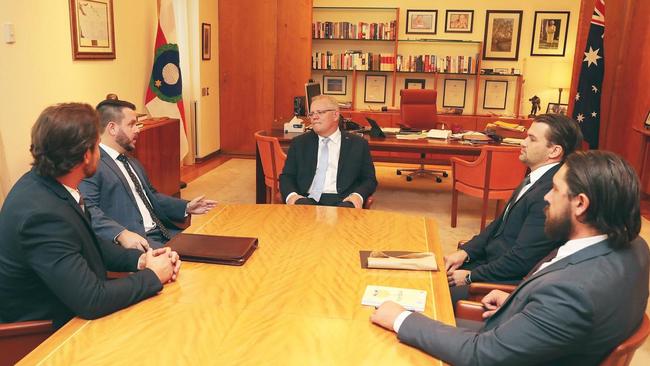
“Unfortunately, Deloitte’s execution of the app fell short, lacking user-friendliness and failing to engage veterans effectively.”
By 2021, 10,000 veterans had downloaded the Swiss 8 app, raising questions about the effectiveness of Deloitte‘s execution and the fairness of government funding.
Mr Sutter alleges ideas developed by smaller ex-service organisations are “routinely stolen” by government or larger ex-service organisations run by ex-military officials.
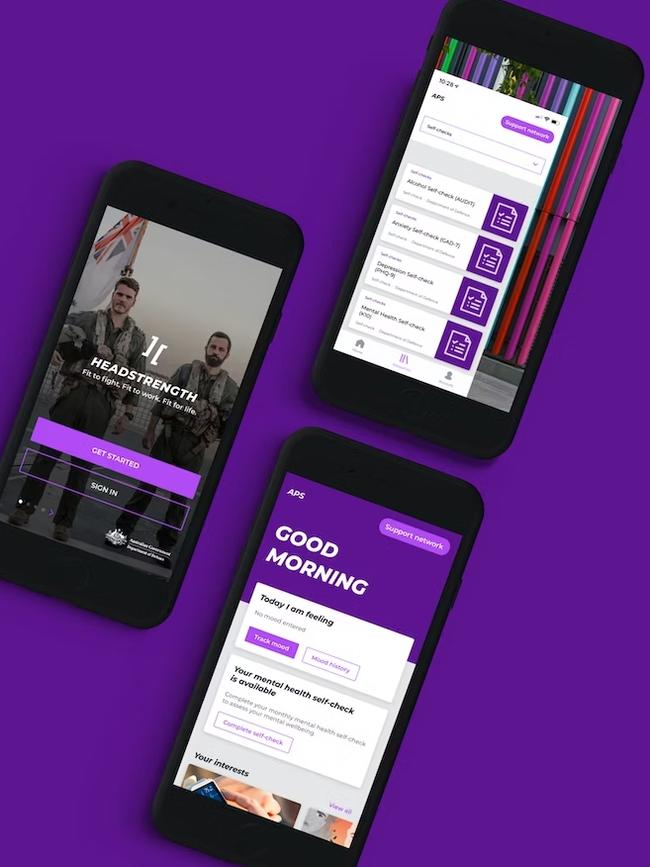
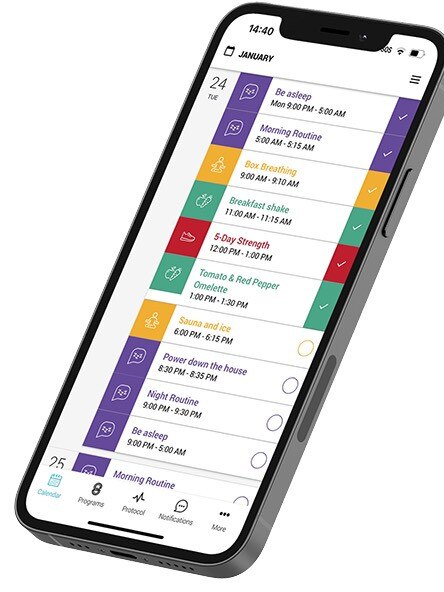
He also raised concerns in his submission about the alleged toxic culture within Open Arms, the government’s veterans and family counselling service, and its “mistreatment of younger veterans”.
Mr Sutter resigned from the federal government's National Advisory Committee to Open Arms in July, after what he experienced.
“The pervasive toxic culture within Open Arms, coupled with the government’s disregard for interventions developed in partnership with the veteran community, has left me disillusioned and deeply concerned about the future of veteran mental health care,’’ Mr Sutter wrote to Veterans Affairs Minister Matt Keogh.
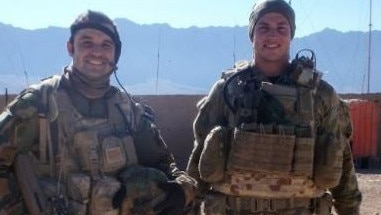
“Young veterans and family members, full of energy and motivation, were drained and burnt out within the first six months due to the organisational practices that failed to prioritise their wellbeing.
“The absence of a peer wellbeing program and the continued exploitation of young veterans as props for the organisation's public image is disheartening and unsustainable.
“The focus on pleasing politicians and generals rather than prioritising the mental wellbeing of veterans is contributing to the ongoing loss of lives within the veteran community.”
A spokesperson for DVA denied any toxic culture at Open Arms and said it’s “committed to the cultural change process” for veterans and their families.
A Defence spokesman said “HeadStrength was developed as the final element of an enhanced mental health screening continuum and allowed users to track mood and complete anonymous mental health self-checks”.
“It provides tailored resources to assist users to navigate the mental health support available and learn more about mental health related to their current mood and in other areas of interest,” they said.
“HeadStrength is limited to Defence Australian Public Service employees and ADF personnel and their families, and is fit for purpose as a result of its co-design with ADF personnel’s feedback.
“Deloitte Touche Tomatsu was the successful tenderer following a competitive limited tender process to source the skillset to build and deliver the app.”




